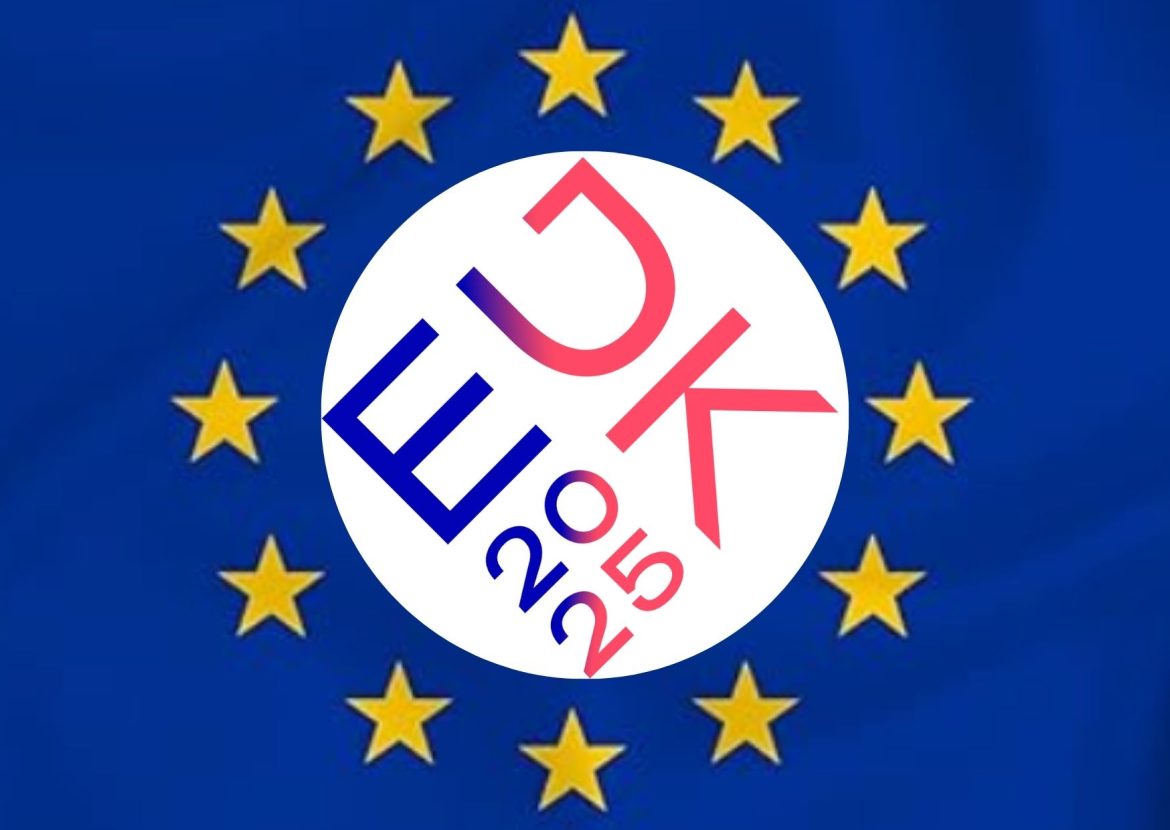As of 1 July 2025, Denmark assumes the rotating presidency of the Council of the European Union under the banner: “A Strong Europe in a Changing World.”
The Danish Presidency outlines an ambitious agenda in response to intensifying geopolitical tensions, economic volatility, and environmental challenges. The programme emphasises European strategic autonomy, economic competitiveness, security, and the green transition.
Strengthening European Security and Defence
A central priority is reinforcing the EU’s capacity to act as a geopolitical actor. Denmark’s presidency stresses that the Union must be capable of defending itself by 2030, in close cooperation with NATO. The ongoing Russian war against Ukraine has accelerated plans to enhance Europe’s defence industrial base, close capability gaps, and integrate Ukraine’s defence sector more closely with that of the EU.
Support for Ukraine remains at the forefront of the presidency’s external agenda. Denmark pledges to sustain and coordinate political, economic, civilian, and military assistance. Emphasis is also placed on ensuring the effective use of frozen Russian assets and advancing Ukraine’s accession process.
The presidency aims to address hybrid threats and misinformation through the implementation of a European Democracy Shield, bolstering digital literacy, and regulating online platforms. Migration policy will also be revisited, with a focus on reducing irregular arrivals, enhancing border control, and progressing asylum reform negotiations.
Competitiveness and Green Growth
Denmark links the green transition directly with long-term competitiveness. The presidency seeks reforms to reduce regulatory burdens, accelerate investment in innovation, and enhance access to clean and affordable energy. Specific priorities include concluding negotiations on the 2040 climate target, expanding the Savings and Investment Union, and securing supply chains for critical raw materials.
The presidency will support the creation of a digital euro, review EU financial sector regulations, and promote Europe’s leadership in quantum and AI technologies. The pharmaceutical, biotechnology, and space sectors will also receive targeted attention.
Merit-Based Enlargement and Institutional Reform
The Danish Presidency reiterates that EU enlargement is a geopolitical imperative. Progress on Ukraine, Moldova, and the Western Balkans is highlighted, alongside the need for internal reforms to ensure institutional readiness. Emphasis is placed on adherence to the Copenhagen criteria and the rule of law.
In parallel, the presidency will facilitate preliminary negotiations for the next Multiannual Financial Framework (MFF) beyond 2027, focusing on fiscal responsibility and better linkage between budgetary instruments and strategic objectives.
Sectoral Cooperation and Global Partnerships
The Danish Presidency plans to deepen cooperation with like-minded partners, including the UK and EEA countries, and strengthen relations with Africa, the Indo-Pacific, Latin America, and the Gulf. Trade remains a key pillar, with the EU expected to conclude or ratify several agreements and maintain a defensive posture against economic coercion.
In the fields of justice and home affairs, the presidency will prioritise combating organised crime, updating asylum and return policies, and enhancing data sharing for law enforcement. A focus on child protection, cybersecurity, and digital safety also features prominently.


